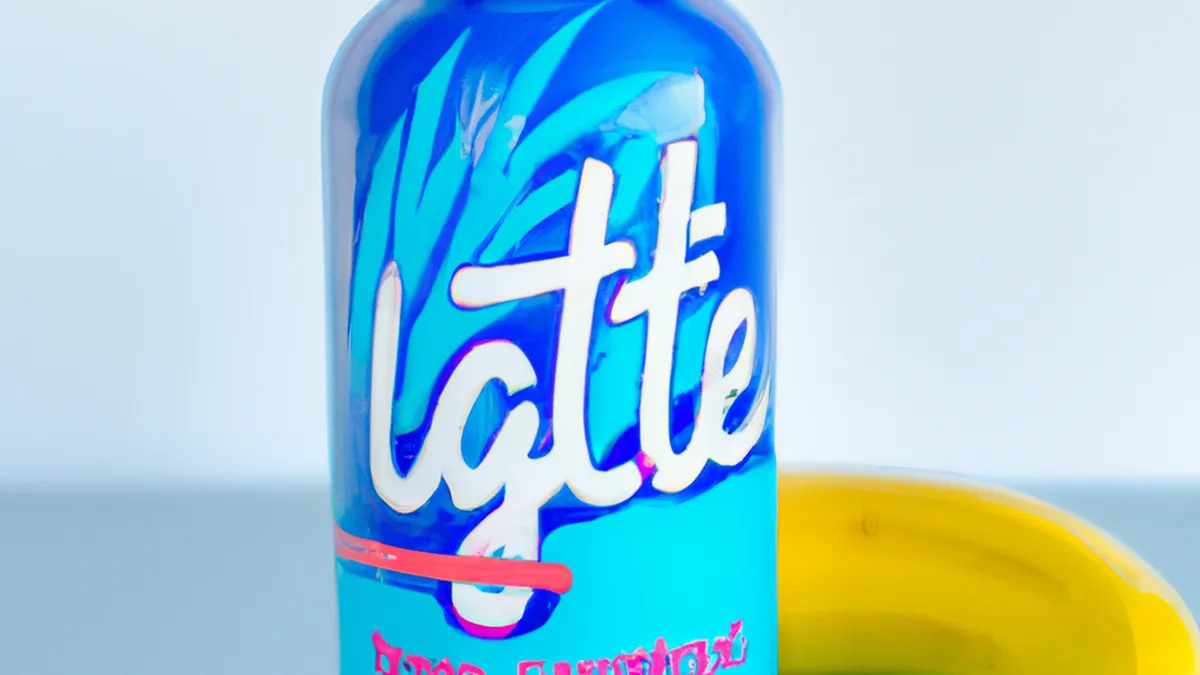Electrolyte Balance for Sports Recovery
The Role of Electrolytes in RecoveryElectrolytes significantly aid our body’s recovery process. During exercise, we lose electrolytes through sweat. These minerals maintain fluid balance, muscle function, and nerve signaling. Therefore, replenishing electrolytes ensures optimal recovery. This blog post explores the importance of electrolytes, tips for replenishing them, hydration advice, and their benefits during recovery.
What Are Electrolytes?
Electrolytes are minerals with an electric charge. Common electrolytes include sodium, potassium, calcium, magnesium, chloride, bicarbonate, and phosphate. Each mineral plays a vital role in bodily functions. For example, sodium and potassium support muscle contractions and nerve transmission. Calcium promotes bone health and muscle function. Magnesium aids energy production and supports over 300 biochemical reactions.Electrolytes regulate several bodily functions:- **Fluid Balance**: They maintain the right fluid balance in and out of cells for optimal cellular function.- **Nerve Function**: Electrolytes transmit electrical impulses along nerves, facilitating communication within the body.- **Muscle Contraction**: They assist in muscle contractions and relaxation. Proper mineral balance prevents cramps and muscle fatigue.- **Acid-Base Balance**: Electrolytes help maintain pH levels, ensuring stability for various metabolic processes.When you exercise, your body loses electrolytes. Understanding their role in recovery benefits athletes and fitness enthusiasts.
Tips for Replenishing Electrolytes
As an Amazon Associate I earn from qualifying purchases.
Gear tip: consider electrolyte mix, hydration tablets, and whey protein powder to support this topic.
1. **Drink Electrolyte-Rich Beverages** Choose sports drinks, coconut water, or electrolyte-infused waters. Opt for low-sugar options for better hydration. These drinks benefit anyone engaging in prolonged physical activity.2. **Consume Whole Foods** Eat foods like bananas, spinach, avocados, and potatoes for potassium. Dairy products and leafy greens offer calcium and magnesium. Incorporate these into meals for natural electrolyte replenishment. For instance, a spinach, banana, and yogurt smoothie provides a powerful electrolyte boost.3. **Add Salt to Your Meals** Sodium aids recovery, especially after intense workouts. Sprinkle a pinch of salt on meals or snacks to restore sodium levels. Avoid overconsumption, as excessive sodium intake can cause health issues.4. **Stay Hydrated** Drink water throughout the day, not just during workouts. Hydration transports electrolytes in your body, especially after intense exercise. Infuse water with fruits or herbs to encourage hydration.
Conclusion
In conclusion, electrolytes play an essential role in recovery. Replenishing them through beverages and whole foods enhances your performance and well-being.
Below are related products based on this post:
FAQ
What are electrolytes?
Electrolytes are minerals that carry an electric charge and are essential for various bodily functions. Common electrolytes include sodium, potassium, calcium, magnesium, chloride, bicarbonate, and phosphate. They support muscle contractions, nerve transmission, and help maintain fluid balance within the body.
How do electrolytes aid in recovery?
Electrolytes significantly contribute to the body’s recovery process by maintaining fluid balance, supporting muscle function, and facilitating nerve signaling. When we exercise, we lose electrolytes through sweat, so replenishing them is crucial for optimal recovery and performance. Proper electrolyte balance can also prevent cramps and muscle fatigue.
What are some effective ways to replenish electrolytes?
To replenish electrolytes, consider drinking electrolyte-rich beverages like sports drinks or coconut water, and consuming whole foods such as bananas, spinach, and avocados. Adding a pinch of salt to meals can also help restore sodium levels. Staying hydrated with water throughout the day is essential for effective electrolyte transport in the body.















Post Comment